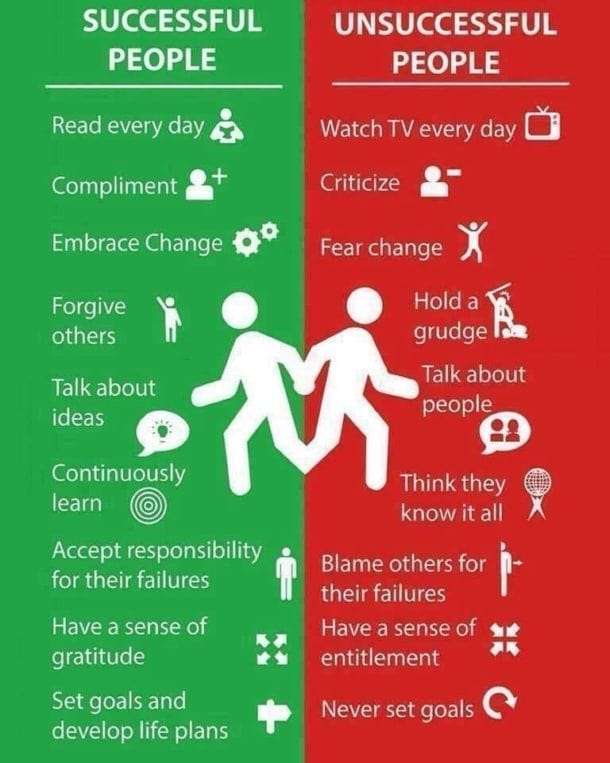
It is not unusual to hear of myriads of complaints being sent to regulators of smaller assisted living programs. Many of these programs operate with public funds and help keep those with mental illness and developmental limitations out of the more institutional facilities. They use structured, regulated community-based care to restore the dignity among many vulnerable who prefer to live in the neighborhood.
Many of these programs operate in what we call group homes. Complaints range from lack of adequate food or a sufficient quantity or quality of food to poor sanitation to payroll not being met to medication errors, to resident abuse and neglect. They span the whole map.
In most jurisdictions, there are separate resident rights offices that specifically investigate a claim that a published right of someone receiving these services has been violated. For example in the U.S. State of Michigan counties have Offices of Recipient Rights.
And yes, many of the complaints are bogus. Some people simply live to complain and/or otherwise create chaos and negative drama. They somehow soothe internal pain by seeking to create it for others. It can become a virtual high!

One provider whom we know well and who manages a responsible operation received a text message from a fired employee with horrible attendance, who re-defined the “no-call/no-show” asking for her last paycheck. The client responded: “It was mailed.” The fired employee responded: “Whack! I’m reporting your employees to the state.” Of course, there was nothing to report.
While no credible employer will discourage any employee from making a legitimate report about services being rendered, especially when reimbursed by public dollars, those who find themselves regularly doing so would do well to consider a few things. Let’s go introspectively and ask ourselves a few questions:
- Am I looking at things through the right lens? Could I be allowing past negative experiences to
 cause me to judge harshly what could be rather minor items? Am I amplifying the seriousness of minor matters?
cause me to judge harshly what could be rather minor items? Am I amplifying the seriousness of minor matters? - Whatever I feel the concern might be, have I honestly addressed it with the owners of the business and given them time to work the matter out? If I have spoken with them and a day or two has passed, should I email them just to make sure they did not forget the concern before I call a licensing official or a rights department?
 (Of course if there is physical abuse or blatant neglect, there is no time to waste, however, most complaints do not rise to this level)
(Of course if there is physical abuse or blatant neglect, there is no time to waste, however, most complaints do not rise to this level) - Are my motives selfish? Would I benefit from overtime pay that my life has been adjusted to rely upon if I were to place others in a bad light via my complaints to regulators and get people off the schedule?
- If I am a manager and I am making these complaints, would my time be better spent overseeing core areas of the business with long-term improvement in mind? Or am I making complaints to feed my insecurity, in some sick effort to convince company ownership of my value as I am now charged with righting what has been reported to be wrong? THE HERO COMPLEX.
- Have I thought about the reality of losing personal credibility with regulators, if I become known for trafficking in illegitimate complaints, especially against multiple employers?
If your motives do fall even close to number 3, there are serious moral issues with you that will come to light. The advice from most would be to cut it out now!
Let’s reiterate, legitimate issues should be reported and investigated. However, illegitimate ones hurt everyone involved and waste precious time. You might be harming your residents more with tired staff, crisis management, etc. because of your bogus complaints. So here is the question again: “Is This A Healthy Habit?“
Auxiliary Item: What Side of The Square Are You On?

_________________________________________________________________________
Another Blog Post by Direct Care Training & Resource Center, Inc. Photos used are to complement the written material. They do not imply an endorsement by or affiliation with any organization nor individual.
Follow us on:








